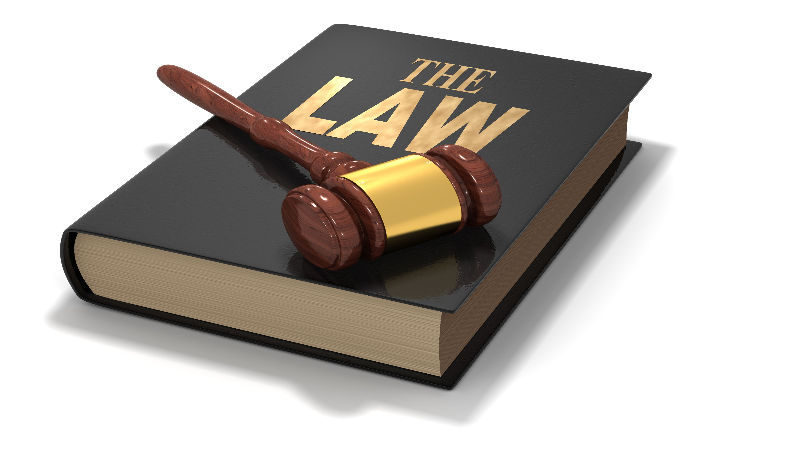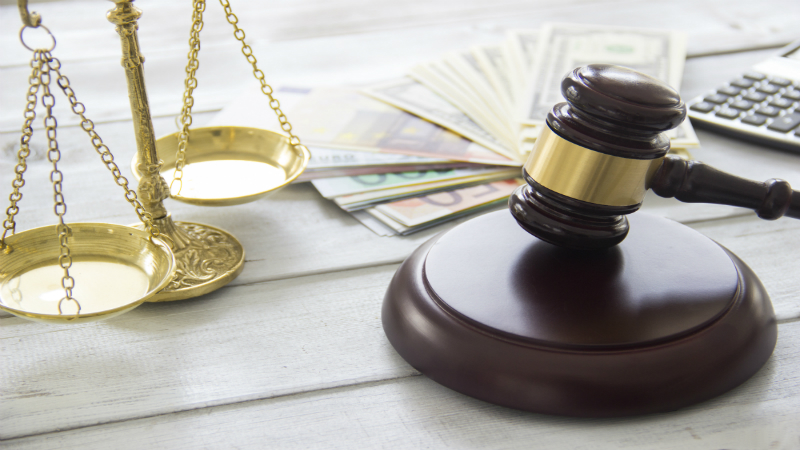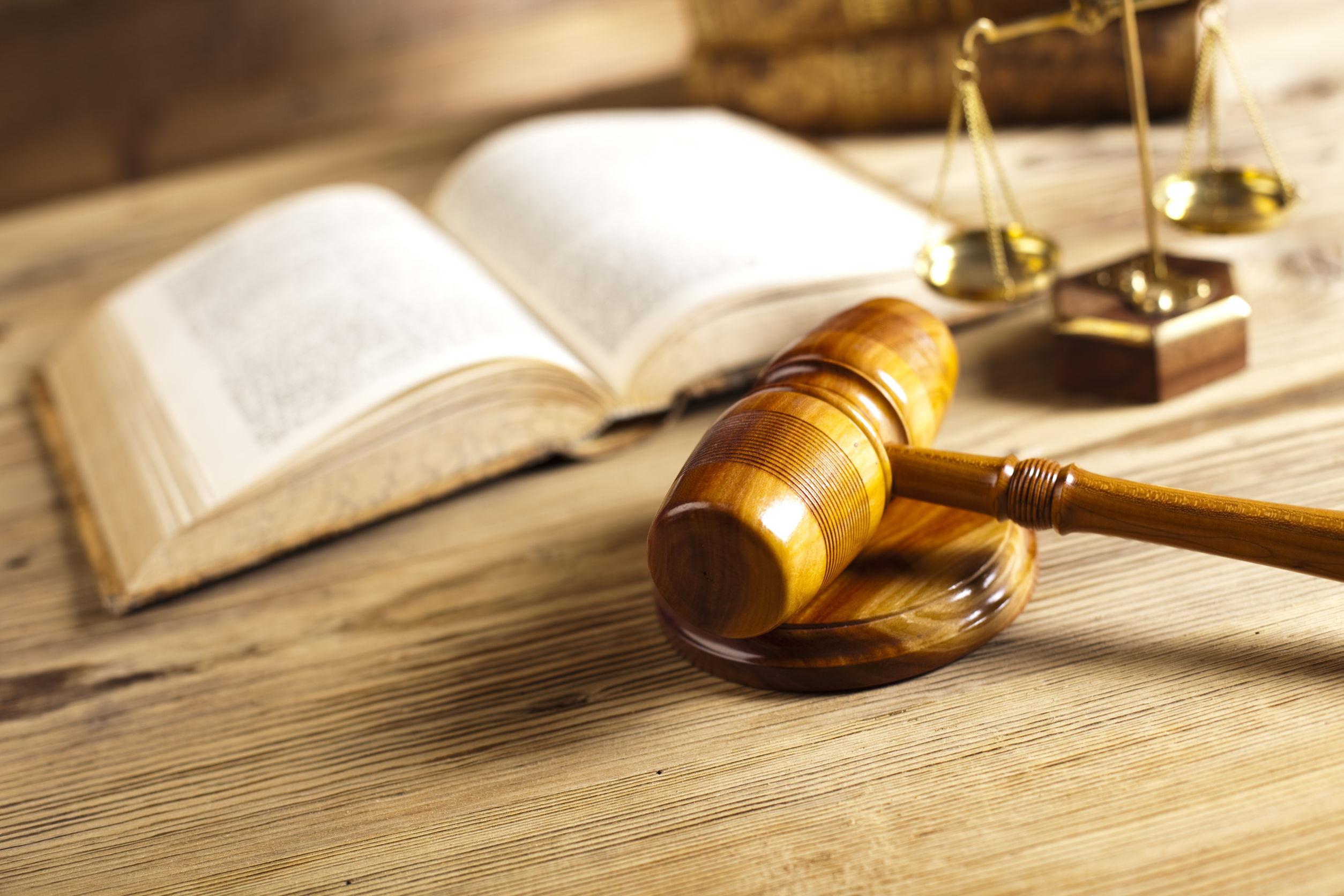There are many people who have gotten themselves into debt far beyond their means to pay per the original credit agreement. For those with few assets and little income, filing Chapter 7 bankruptcy is preferred as the debt will be totally wiped out. For those with considerable assets and a decent income, Chapter 13 is often the better solution as you can arrange to keep your assets and eventually be debt free.
Chapter 13 bankruptcies are a form of bankruptcy that is available to those who have a regular, predictable income and secured and unsecured debt under the caps set by law. This form of relief is available to self-employed individuals and those who have an unincorporated business as well as individuals who are regularly employed. Chapter 13 is not an available course for partnerships or corporations; there are other Chapters available for these situations.
The key to Chapter 13 bankruptcy is the debtor’s ability to repay his or her debt over a period of time set by the court, usually three to five years but rarely longer than five. The term is set based on the income of the debtor. During the time of rehabilitation, creditors are not allowed to attempt debt collection or harassment.
Unlike Chapter 7, Chapter 13 bankruptcy does not demand that the assets of the debtor be liquidated and the proceeds used to pay the creditors. A Cheater 13 bankrupt can keep the assets regardless of whether it exempt or not, this is true as long as the debtor continues to follow the court agreed repayment plan to the letter. Filing for Chapter 13 bankruptcy in Huntington Beach is more expensive but well worth it to those with significant assets.
Chapter 13 is a form of bankruptcy where there is an attempt made to reorganize the debt load of the applicant, this happens by extending the payment over a longer period of time. When an individual files for Chapter 13 bankruptcy in Huntington Beach, the court analyses the income, the fixed monthly expenses are then deducted, what remains is that which can be assessed for debt repayment. Depending on the means test and the results, unsecured creditors may not get any monthly allocation; an unsecured creditor is a credit card company or medical bills. The first order of priority in a Chapter 13 bankruptcy is to cover all priority claims such as child support, taxes, etc.


